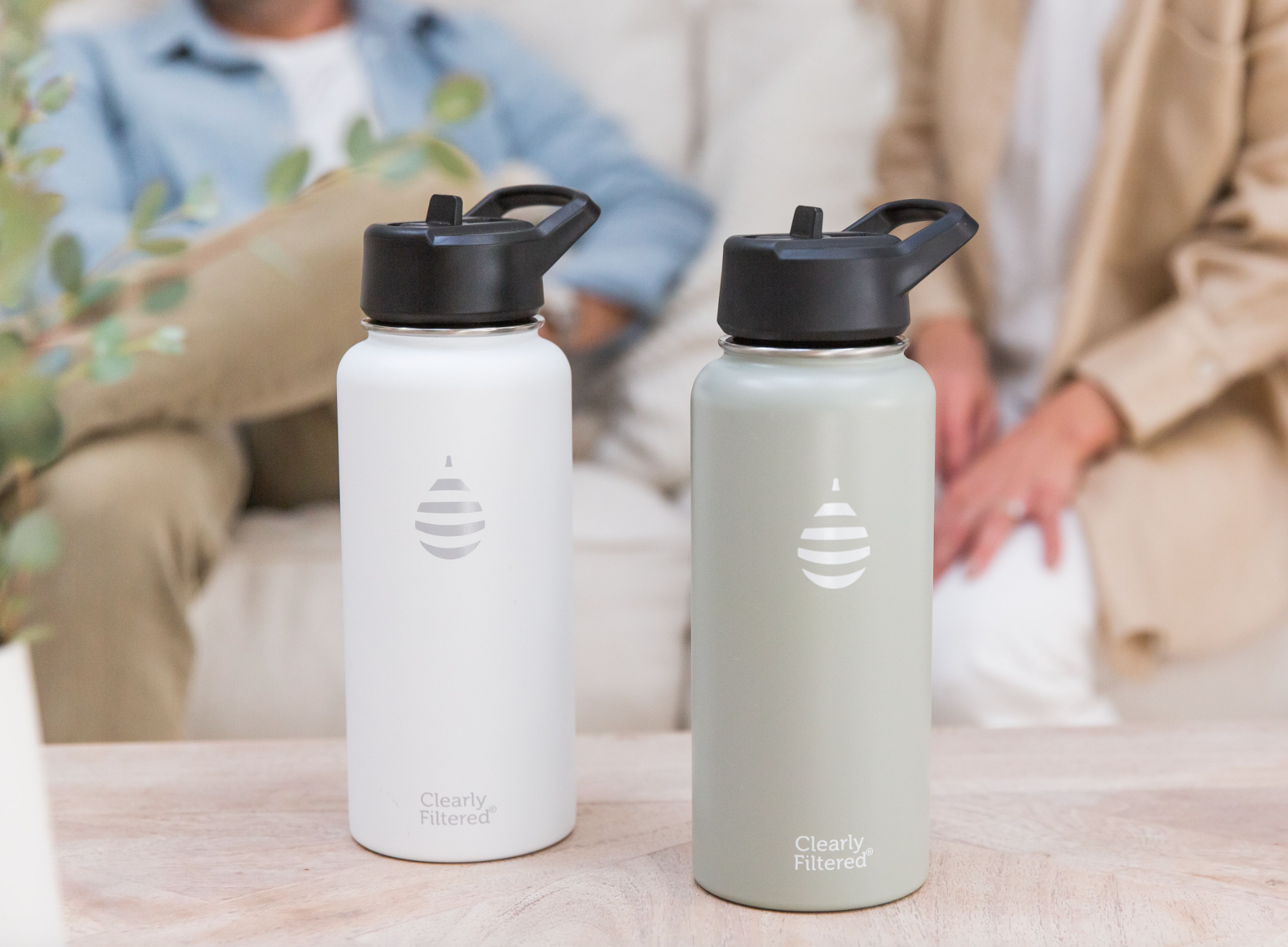Can tap water kill you? Probably not. But have you ever thought about tap water's effect on a goldfish?
Most people have experienced bringing a goldfish home from the pet store (or maybe you won it at the ring toss booth at the county fair), and you had to add those extra water conditioner drops so that the goldfish can have a better chance to survive in tap water. If you didn't add the drops, there's a high likelihood that you'd find the fish belly up the following day, and you'd either send them to swim with the other fishes (down the toilet) or perform a proper burial in the backyard.
Many people have wondered if goldfish can live in untreated tap water. We know to be wary of contaminants in our tap water, but what about the water you give your pets? Should you be worried about the tap water you add to your goldfish's tank? The answer is yes! If contaminants found in plain tap water are harmful to humans, think of how horrible it is to let your tiny goldfish live in that water.



